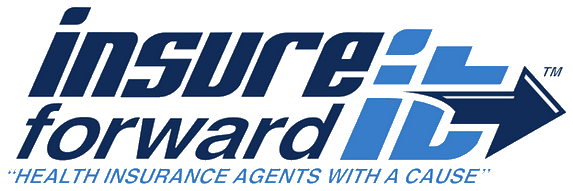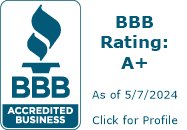The 3 Primary Information Forms Are:
Form 1095-A, Health Marketplace Statement If individuals in your household had coverage through the Marketplace, the Marketplace will send you a Form 1095-A with information about the coverage. It will show coverage details such as the amount of the premium, dates of coverage and the advance payments of any Premium Tax Credits that were paid. If you receive a Form 1095-A, you will use the information on the form to complete Form 8962, to reconcile PTC paid or credit due on your Federal Income Tax Return. You may receive multiple Form 1095-As if anyone in your household changed plans or reported life changes - like getting married or having a baby - after their coverage began, or if you had more than one policy covering people in the same household. You will get a Form 1095-A, even if you only had Marketplace coverage part of the year. If you receive a Form 1095-A from the Marketplace, you should confirm the information matches your records, including items like the start and end dates of your coverage and the number of people in your household. You may also receive a corrected or voided Form 1095-A because the information on the first form was incorrect or incomplete. Form 1095-B Health Coverage Health insurance providers or companies will send Form 1095-B forms to individuals they cover, with information about who was covered and for what period of time. You can use Form 1095-B for information on whether you and your family members had health coverage that meets the individual shared responsibility provision to prevent any penalty. Form 1095-C Employer Provided Coverage Certain employers send this form to employees, with information about what coverage they were offered. Employers that offer health coverage referred to as "self-insured coverage send this form to individuals they cover, with information about who was covered and when. You can use Form 1095-C to help determine your eligibility for the premium tax credit. In addition, you can use Form 1095-C for information on whether you or any family members enrolled in certain kinds of coverage offered by your employer - sometimes referred to as "self-insured coverage." Documents Supporting Exemptions Those who qualify for a health coverage exemption like Native Americans or individuals with incomes below the poverty guidelines will need to apply through the Marketplace or claim the exemption on their tax return. You might also need information to support your coverage exemption claim. This includes documentation to support a hardship, income documents, social security information, and household information. If your application is granted by the Marketplace, you will receive a notice with a unique Exemption Certificate Number, also know as an ECN. The ECN will be entered in part I of Form 8965, which must be filed with your tax return. If you do not currently have your ECN but you have applied for an exemption, you should enter the word "PENDING" in the place of the ECN in Part I of Form 8965. If you are claiming an exemption on your tax return you do not need an ECN. Documents to gather in advance: Although you are not required to send the IRS information forms or other proof of healthcare coverage when filing your tax return, it's a good idea to keep these records handy to verify coverage. This documentation includes:
If you are expecting to receive a Form 1095-A Health Insurance Marketplace Statement, you should wait to file your income tax return until you receive that form. You might not receive a Form 1095-B or 1095-C from your coverage providers or employer by the time your are ready to file your tax return. You can prepare and file your returns using other information about your health insurance. You should not attach any of these forms to your tax return. While your employer may be able to assist you in verifying your coverage, most employers are not required to provide documentation specific to your health care coverage. We do hope this information will be helpful with the filing of your tax return. While we are not tax professionals we may be able to answer questions or point you in the right direction. Give us a call, we would love to help if we can. 405-585-0648 Having a good Insurance Agent to rely on doesn't cost you anything and In Return;
|
|




